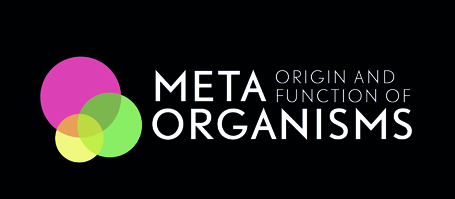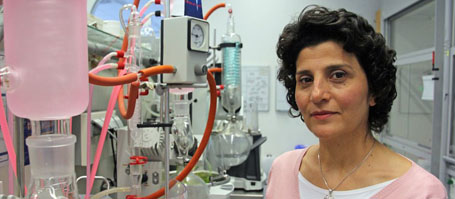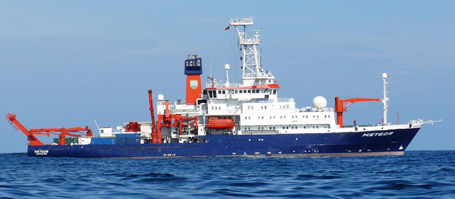Based on the convincing assessment from the summer this year, the DFG decided today (Thursday, 19 November) to support the new Collaborative Research Centre (CRC) 1182 "Origin and Function of Metaorganisms". This means that over four years, around 10 million Euros are available for the researchers, who come from eight institutions involved in the joint project.
For Professor Lutz Kipp, President of Kiel University, the approval of this grant brings an additional supporting pillar for life sciences in the north. "On behalf of the entire University Board, I would like to congratulate all those involved in the CRC! The competition was extremely strong. In the end, an ambitious project from Kiel made it. With this positive assessment, the DFG also recognises the excellent work that we have been producing here over the years. This greatly helps us maintain an international level in research and innovation", Professor Lutz Kipp, President of Kiel University, said about the decision by Germany's most significant scientific funding organisation.
The scientists from five faculties at Kiel University, from the GEOMAR Helmholtz Centre for Ocean Research Kiel, from Universität Hamburg and from the Max Planck Institutes for Evolutionary Biology and Marine Microbiology in Plön and Bremen were able to convince the DFG with their very interdisciplinary research concept. Together, they have now formed the CRC 1182 and are working on the issue of how plants and animals, including humans, form functional units (metaorganisms) together with highly specific microbial communities. The aim of the CRC is to understand why and how microbial communities enter into these long lasting connections with their hosts, and what functional consequences these interactions have.
"We want to understand how an organism and the microbes that colonize it form a functional unit - the metaorganism. The interactions in these multi-member communities have evolutionary and ecological effects that influence the lifecycles and fitness of all living creatures. The metaorganism therefore plays an important role in the balance between health and disease", said CRC 1182 spokesman, Professor Thomas Bosch, to describe the joint project's research approach.
The CRC "Origin and Function of Metaorganisms" covers 13 sub-projects and the three main topics of "Evolution and Ecology", "Recognition and Communication" and "Function and Life History". The research projects are pooled together under these topics. In addition, the CRC also contains infrastructural sub-projects which provide indispensable services such as data management, bioinformatics or the latest sequencing technology. With the positive funding decision, the new Collaborative Research Centre also benefited from structures in these fields which had been successfully established in Kiel over the last few years.
Contact:
Prof. Thomas Bosch
Zoologisches Institut, CAU Kiel
Phone: +49 431-880-4170, tbosch@zoologie.uni-kiel.de
…



